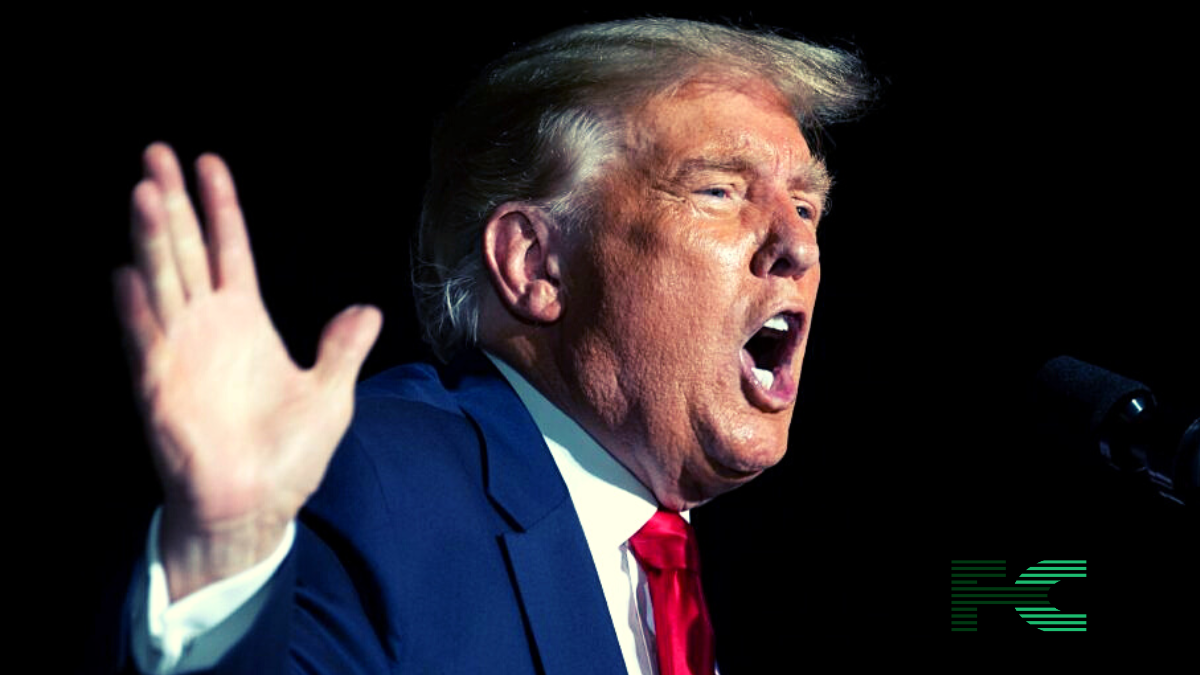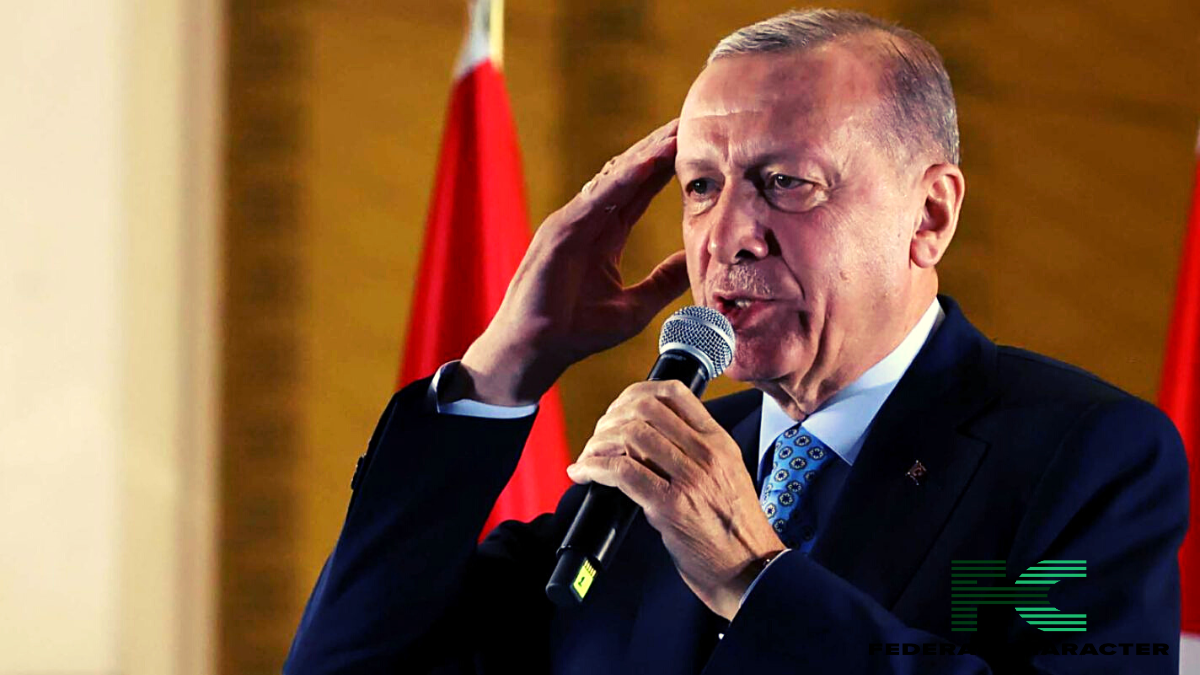U.S. District Judge Aileen Cannon has set an initial trial date for former President Donald Trump on federal charges of willful retention of classified government records and obstruction of justice. The trial is scheduled to begin on August 14th in Florida, as stated in a court order issued on Tuesday.
The special counsel from the Justice Department, Jack Smith, has expressed the intention of a speedy trial following a 37-count indictment against Trump. The charges include willfully retaining classified government records and obstructing justice. If the trial proceeds as planned, it would commence nine days prior to the first Republican presidential debate scheduled for August 23rd. However, legal experts suggest that the complexities surrounding handling highly classified evidence, potential challenges from Trump’s legal team, and the judge’s management of the schedule may result in a trial that is far from swift. M
In a recent court filing, a U.S. judge ordered Trump’s defense lawyers not to release evidence in the classified documents case to the media or the public. U.S. Magistrate Judge Bruce Reinhart’s order also imposed strict conditions on Trump’s access to the materials. During Trump’s arraignment in federal court in Miami, he pleaded not guilty to charges of unlawfully retaining national-security documents and providing false information to officials seeking their recovery.
While Cannon’s order to set a tentative trial date for August 14th is considered standard, the case must adhere to the rules outlined in the Classified Information Procedures Act (CIPA). This law is designed to safeguard classified evidence and regulate its disclosure. Cannon had previously instructed Trump’s defense attorneys to initiate the process of obtaining security clearances to review the evidence, as mandated by CIPA. However, the government typically files a motion with the court under CIPA, which triggers discussions on the pretrial schedule. As of now, this step has not yet occurred in the case.














